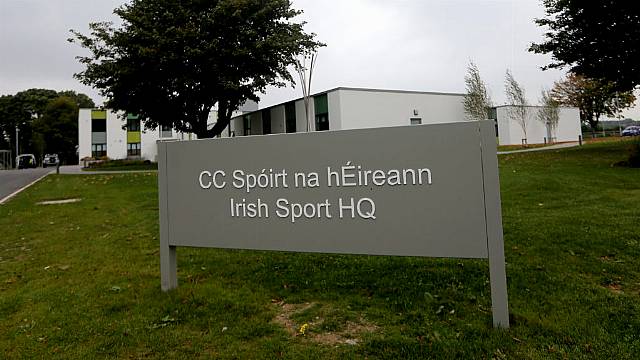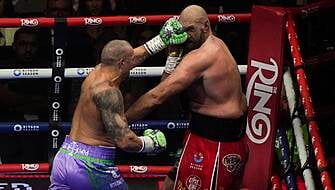Ireland's governing authority for sport believed it was in a 'no-win situation' as it looked to prepare guidance on transgender and non-binary participation in sport.
In internal discussions, Sport Ireland said views on the issue were “polarised and very strongly held” and that any advice they gave was likely to be “heavily scrutinised”.
A risk assessment said however it was important there was an overarching policy document to help sporting organisations which were increasingly finding themselves under “significant pressure”.
An internal discussion paper said: “Sport Ireland will receive criticism regardless of the approach recommended, or not, in the guidance.
“In all likelihood, there will be significant reaction and commentary both within the sport sector and from wider society to the publication of the guidance.”
Sport Ireland engaged a private company to conduct research, and consultation with thousands of people as well as international and Irish sporting organisations took place.
However, large sections of the records detailing how the new guidance was developed were withheld under FOI laws on the basis they were confidential.
In another note from their risk register, Sport Ireland said the topic of transgender and non-binary participation could be a “polarising topic”.
It said any guidance was likely to create an “intense debate” and with the possibility of “reputational risk” for the governing authority.
In the wider discussion paper, Sport Ireland said there was no “consensus approach” and it was creating challenges for all sporting organisations.
“It is also important to acknowledge the impact this ongoing debate must be having on the lives of transgender and non-binary sport enthusiasts,” the paper added.
The discussion paper said preparing guidance needed to be “neutral and respectful” and give sporting organisations options that would work best in their area.
It said groups could look at ideas that focus on the “social, recreational, and community aspects” of sport, which for many were just as important as competitive games.
It said: “In terms of the overall ethos of the document, the Ethics Unit recommends encouraging NGBs [national governing bodies] to approach this task first from the principle of inclusion.
“This means that when considering developing policy, NGBs should examine if and how their sport can be inclusive of transgender and non-binary participants.”
The paper added it was important Sport Ireland made clear how much time and resources had been involved in preparing the guidance and that it would remain under regular review.
This was “in recognition of the ever-changing landscape” and new information that might become available over time.
It concluded: “It is important that [we produce] a document which will provide real and practical support to the sector, and which is in line with our values as an organisation.”
The advisory document was published in late March, and, in the end, did not cause any major controversy.
The research found that the “vast majority” of people consulted were in favour of “protection of a female category (as assigned at birth)”.
Asked about the discussions, a spokesman for Sport Ireland said their vision was of an active Ireland where everyone could enjoy the benefits of exercise and physical activity.
He said they had taken into account “the increasing scrutiny” of trans and non-binary participation when preparing their guidance.
“Several considerations were factored into the planning process leading up to this document's publication,” he said.
“These included engagement with stakeholders, communications with media and the public about the initial publication, our preparedness to respond to queries, and plans for ongoing engagement with the sport sector and other relevant stakeholders.”







